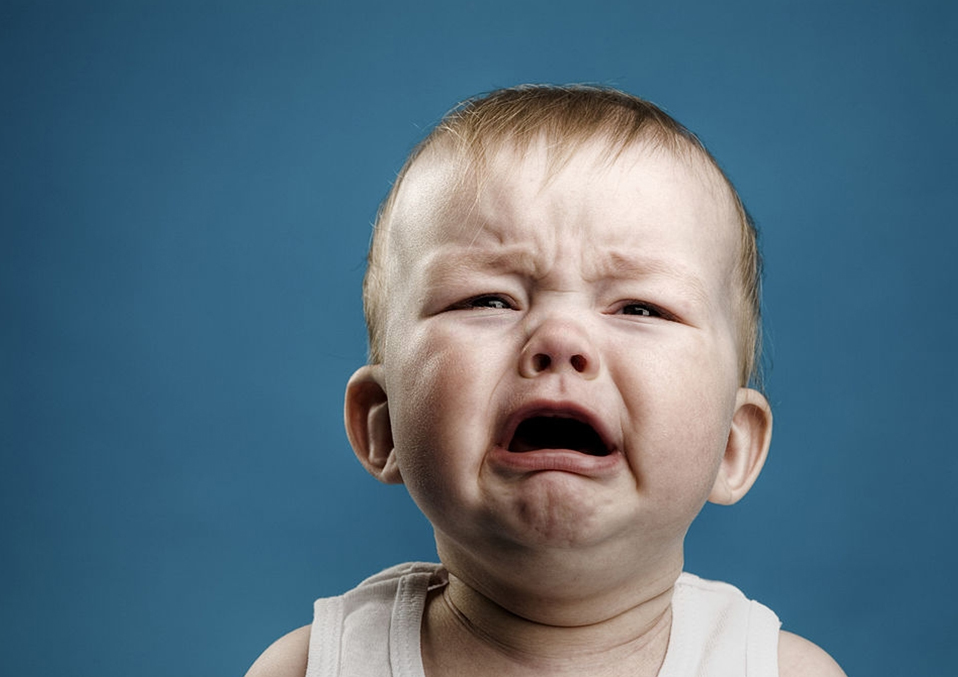Throughout the day, toddlers and adults constantly lose water. The water evaporates from the skin and goes out of the body when you cry, sweat, breathe and use the bathroom. Most often, a child gets more water from drinking and eating to replenish the fluids they waste. However, in some instances, toddlers can squander more water than usual. They can have too much fluid loss when they’re having stomach flu, fever, out in the hot weather or exercising or working out excessively. This can result in dehydration and this is something that shouldn’t be taken lightly.
When this happens, our body does not have the right fluids and water to work properly. In serious cases, this could cause brain damage or worse, death.
Continue reading this blog to understand the warning signs of dehydration in your toddler and how to avoid it.
Dehydration in toddlers when to worry

Dehydration can either happens very slowly over time or suddenly. Kids with illnesses especially stomach flu must be watched over for symptoms of dehydration. Usually, the signs aren’t obvious.
Never wait until your kid is very thirsty. If they are excessively thirsty, maybe there are already dehydrated. So, you need to look at these warning signs of dehydration in your toddler:
- little or child not urinating for 24 hours dry, cracked lips
- dry or cold skin
- lower energy levels
- dark-colored urine
- extreme drowsiness
- serious fussiness
- no tears when weeping
- sunken head soft spot (for infants) or sunken eyes
- quick heartbeat or fast breathing
Your kid can become unconscious or delirious, in many serious circumstances.
Dehydration in toddlers home remedies
The most effective way to treat dehydration among adults and kids is to fill the lost liquids. The minor cases are can have home remedies. If your child is having a fever, vomiting, diarrhea, or has warning signs of dehydration in your toddler, follow the dehydration in toddlers home remedies below:

Give your kid oral rehydration solution such as Pedialyte and this is available online. This solution has water and salt in equal ratio and is easy to consume. Normal water is usually not enough. If oral rehydration solution isn’t available, try diluted juice or milk until you can get the Pedialyte.
Continuously give your child water until his or her urine is clear. If your kid is gagging give them a small amount at one time until they can manage it. They may be able to cope with a spoonful at once, but anything is better than zero. Increasingly improve the amount and rate. Don’t hurry the giving of the solution as this will only lead to vomiting dehydration child more.
If you’re still nursing, keep on doing so. Also, you can give your baby dehydration breastfeeding solution.
How to avoid dehydration in babies
Parents must be mindful of the warning signs of dehydration in your toddler. If your kid is very dehydrated, it may be unfortunate. The following are some tips on how to keep a baby hydrated when sick:

Always have your oral rehydration solution ready. These are sold in liquids, powders, and popsicles.
- You should be active about the fluid intake of your kids if they get sick. At the first sign of an ailment, immediately give extra water and rehydration solution.
- Ibuprofen (Advil) or acetaminophen (Tylenol) can help alleviate the pain for kids who can’t eat or swallow because they have a sore throat. These medicines are available at Amazon.
- Be sure your kids are always up to date with vaccinations such as the rotavirus vaccine. Rotavirus trigger one-third of the diarrhea-related hospitalizations in children under 5 years old. Discuss with your doctor if you have problems or concerns about the vaccination.
- It’s very important to teach your kids how to wash their hands properly before eating, drinking or after using the toilet to getting bacteria and infections.
- Encourage your kids to drink more glasses of water, before, during and after working out.
- If you’re on the outside with your kids, let them enjoy the pool or relax in a shaded, cool are and offer them more glasses of water.
Toddler dehydration when to go to er
This for some serious cases of dehydration and bring your kid to a pediatrician or doctor if:
- You see blood in his vomit or feces
- He or she is becoming more dehydrated and not recovering
- He doesn’t want to drink or take the rehydration solution anymore
- His vomiting or diarrhea is nonstop and more serious, and they can’t take more fluids to replenish their bodies.
If needed, the doctor can examine for dehydration and refill your kid’s fluids and solutions immediately and through a vein.
Read also:
- 7 Smart Tips To Break and Entertain Toddlers
- Best Foods that Will Make your Toddler Poop
- What to do When your 2-Year-Old Keeps Waking up at Night?


